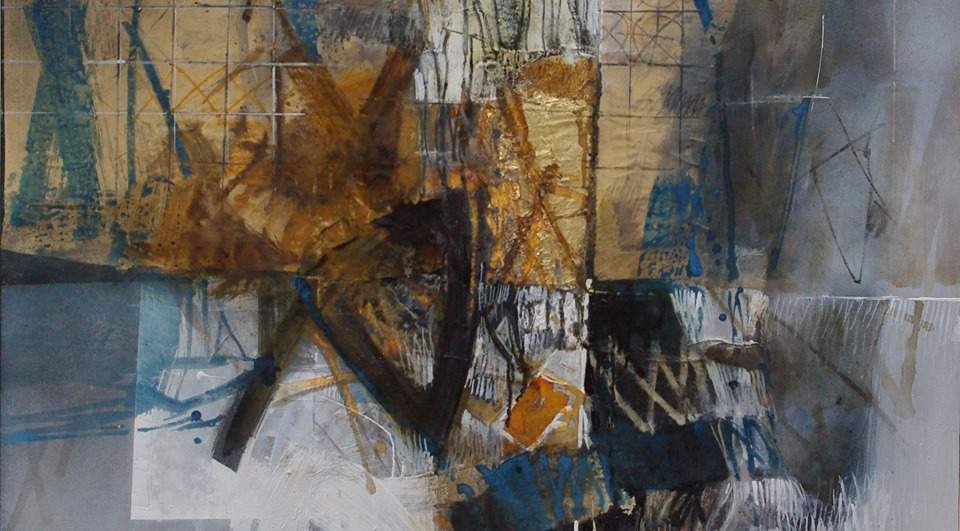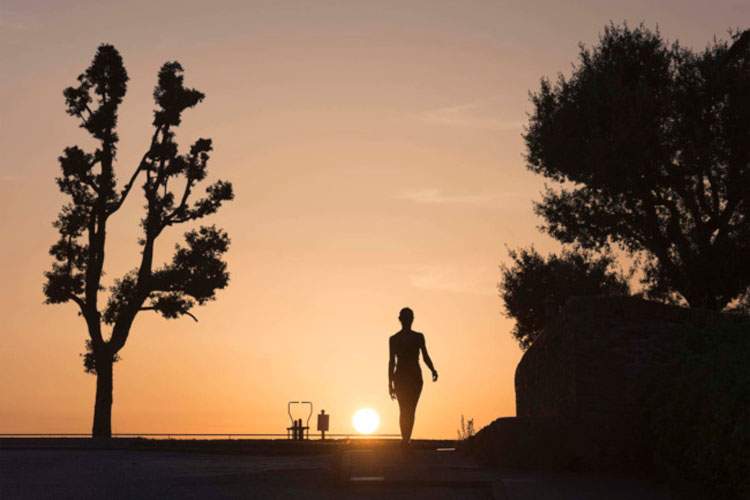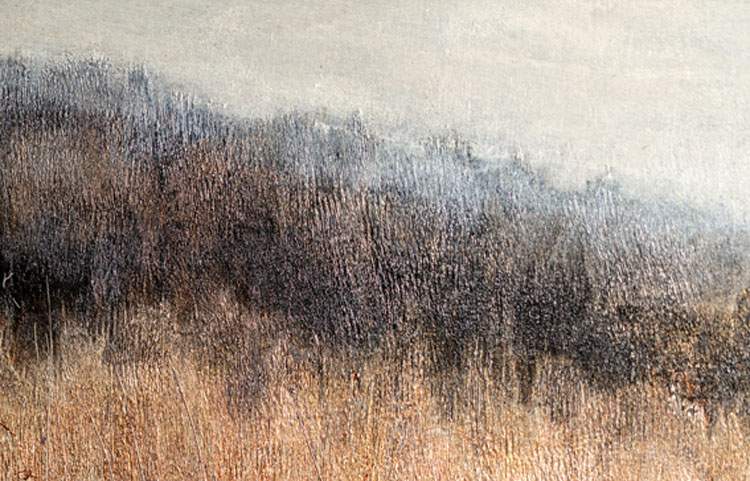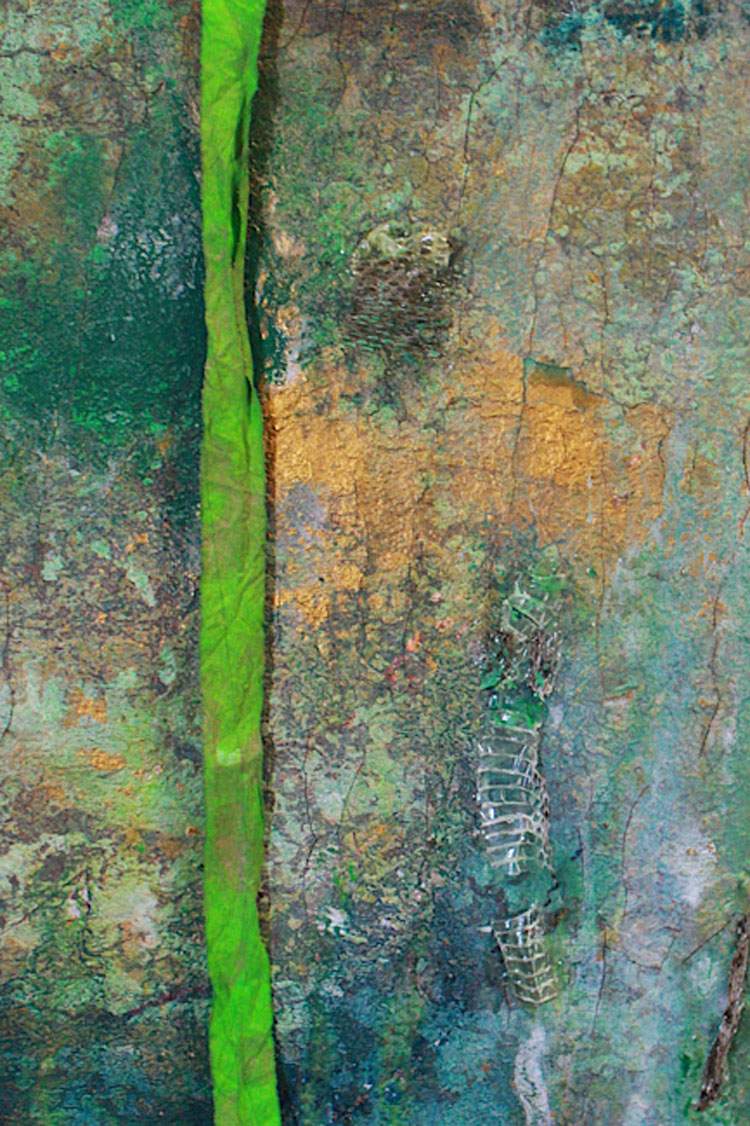The 2019 ArteSiena review comes to a close: there were several exhibitions presented as part of this schedule, all of which were hosted at the Cesare Olmastroni Gallery in Siena’s Palazzo Patrizi.
The last exhibition of the year, Itinerari attraverso ed oltre il tempo, a solo show by Giuliano Censini (Sinalunga, 1951), ran from August 30 to September 15, 2019. On this occasion, about thirty works by the Sienese artist were exhibited, intended to be an artistic and existential journey in which memory plays a fundamental role, as a trait d’union between what has been lost and what continues to be. The superimposition of color and material becomes a testimony to that bond: each layer is added to another to eventually make a single body. Through his works, the artist dialogues with himself and through memories arrives at night scenes, seascapes, familiar landscapes. In this way, each painting becomes a revelation, an evocation, a state of mind to be given back to the world.
From August 9 to 25, 2019, the sunset was the protagonist of the exhibition I Crepuscolari by Italian-American artist Roberto Bocci. The public was taken on a photographic journey that recounted the moments before and after a sunset. Digital panoramas charged with metaphorical and symbolic meaning, where the transition between day and night, light and darkness, being and non-being, portray life coming and going. Because of the particular light typical of sunset, human figures are lost, horizons become surreal. Behind these shots is also a reflection on the climate change that has occurred due to human abuse on Earth: this will soon lead to the twilight of our existence on our planet. Therefore, a sustainable and ecological model of living is revealed to be necessary.
 |
| Giuliano Censini, In Winter Looking for the Sea Line (2018; mixed media on canvas, 100 x 120) |
 |
| Roberto Bocci, a photograph from the project Crepuscolari |
On the other hand, from July 12 to August 4, 2019, Olga Niescier ’s (Bialystok, 1978) exhibition entitled Structura Naturalis was hosted. On display on this occasion were works by the Polish painter created between 2013 and 2016. Her vibrantly hued three-dimensional paintings on canvases of plant jute fiber are akin to action painting: color is sculpted, etched, spilled and splattered on the canvas, but also mixed with inks, pastels, powder and oil pigments or dried herbs. The artist’s intent is to express his strong relationship with Mother Nature, highlighting the spiritual aspect of his works: indeed, they hark back to historical Asian landscape painting and the Zen world. However, his paintings also receive the influence of the Polish avant-garde, particularly Wladyslaw Strzeminski, the father ofUnism, a theory based on the idea of unity and homogeneity of all elements in the composition.
Preceding Structura Naturalis was the exhibition Archetyp’Art 1 by Brazilian artist Helena Manzan (Tupaciguara, 1960). Through the twenty-one works on display, including paintings, videos, and installations, visitors listened and observed Brazil: a narrative through the sounds, images, symbols, and intimate secrets of the Amazon rainforest. Central to this exhibition was the constant dialogue with nature and the homeland; the very materials used emphasized this connection: natural pigments, acrylic, nylon tights, enamels, photos on canvas, textiles,wood. The chosen titles of the works were mostly extracted from Helena Manzan’s travel diary.
 |
| One of the paintings by Olga Niescier |
 |
| One of the works by Helena Manzan |
The ArteSiena 2019 exhibition embraced various countries, from Italy to Poland to Brazil, and various techniques, from photography toaction painting, videos and installations to paintings. Exhibitions that made people think and move and told stories of life, nature and cultures.
Image: Giuliano Censini, In Winter Looking for the Sea Line (2018; mixed media on canvas, 100 x 120)
 |
| ArteSiena 2019 concludes: an overview of this edition's exhibitions |
Warning: the translation into English of the original Italian article was created using automatic tools. We undertake to review all articles, but we do not guarantee the total absence of inaccuracies in the translation due to the program. You can find the original by clicking on the ITA button. If you find any mistake,please contact us.